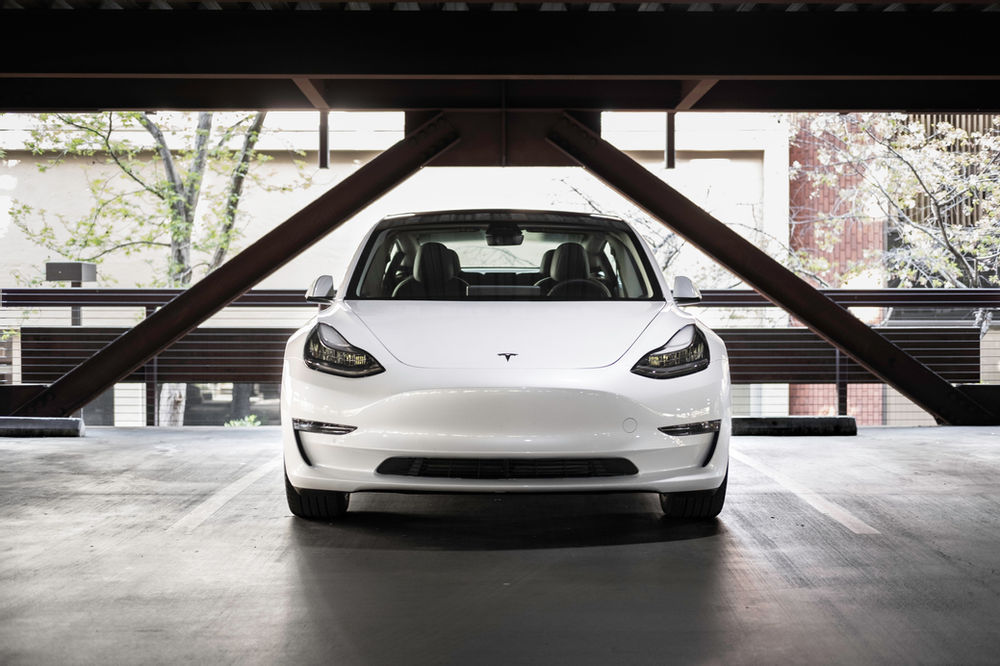There is no doubt that electric vehicles are the future, as the way we get around and produce electricity is transitioning away from fossil fuels, and towards cleaner and greener alternatives. The entire transport sector accounts for 21% of total CO2 emissions and road travel alone accounts for 15% of total CO2 emissions so getting electric vehicles onto the roads is definitely a priority in tackling the climate crisis. However, they’re not perfect, and they are faced with obstacles that are stopping them from becoming mainstream.



deleted by creator
I can’t drive new cars. They fight me. They ignore my instructions, do do things i never instructed, and they are always wrong and dangerous.
Yes it’s terrible. And it’s getting worse.
Everywhere, manufacturing processes are getting more complex and more expensive (partly but not only due to regulation). Only big companies can afford to survive. Fewer players means fewer options, a worse deal for consumers.
The only reason niche cars ever existed in the past, was because there were hundreds of manufacturers, all competing, trying to find a unique selling point. That will never happen again - the trend is for more regulation requiring a bigger investment from bigger car companies.
deleted by creator
Yes it’s completely different. ABS is like having better tyres.
You could categorise: